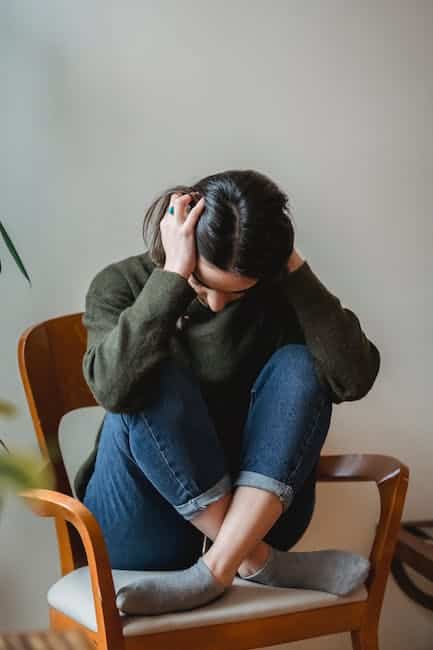Is Depression And Anxiety The Same?
Is Depression And Anxiety The Same?
Mental health issues, such as depression and anxiety disorder, are becoming increasingly common among people of all ages. This can be attributed to a variety of factors, including stress, poor coping mechanisms, and a genetic predisposition. Although the two conditions often co-exist, they differ in several respects.
Depression
Depression is a mental illness characterized by a persistent feeling of sadness, worthlessness, and lack of motivation. It is often accompanied by physical symptoms such as insomnia, changes in appetite, and a lack of energy.
Anxiety
Anxiety is a mental health condition characterized by excessive worry, restlessness, and physical tension. People with anxiety often experience feelings of dread and fear, as well as physical symptoms such as a racing heart, sweating palms, and difficulty breathing.
Differences Between Depression and Anxiety
Although both depression and anxiety are closely linked, there are some key differences between the two.
-
- Cause – depression and anxiety both have complex causes, but anxiety can often be brought on or exacerbated by external factors such as a stressful situation. Depression, on the other hand, is often thought to be caused by a combination of internal and external factors.
-
- Treatment – while the two conditions share some treatments, anxiety is often more effectively treated with lifestyle modifications such as exercise and talking therapies, while depression can often be treated with medication and lifestyle changes.
-
- Symptoms – depression and anxiety share some common symptoms, such as difficulty concentrating and feeling overwhelmed, but they often present in distinct ways. For example, people with depression may experience feelings of worthlessness, while people with anxiety may have persistent worrying thoughts.
Can Depression and Anxiety Co-exist?
Yes, depression and anxiety often co-exist. People with depression may also be diagnosed with an anxiety disorder, or vice versa. Those with concurrent depression and anxiety are likely to have more severe symptoms and a higher risk of suicidal thoughts and behaviors, compared to those with either condition alone.
What are the Signs of Depression and Anxiety?
Depression and anxiety often share many of the same signs and symptoms, such as:
-
- Feelings of sadness and hopelessness
-
- Trouble concentrating
-
- Changes in appetite or weight
-
- Insomnia or excessive sleeping
-
- Loss of interest in activities that were previously enjoyable
-
- Difficulty controlling worry or fear
-
- Aches and pains that are not caused by a physical illness
When to Seek Help for Depression and Anxiety?
If you or someone you know is experiencing signs or symptoms of depression or anxiety, it is important to seek help from a qualified mental health professional. While depression and anxiety are treatable, it is important to seek help as soon as possible. Treatment for depression and anxiety can include medication, therapy, and lifestyle changes.
Conclusion
In conclusion, if you are asking that is anxiety and depression the same thing? Then it is concluded that depression and anxiety are two different but related mental health conditions. While they share certain symptoms, there are key differences between the two. It is important to seek help from a qualified mental health professional if you are experiencing signs or symptoms of either condition. With treatment and support, it is possible to live a happy and fulfilling life with depression or anxiety.
